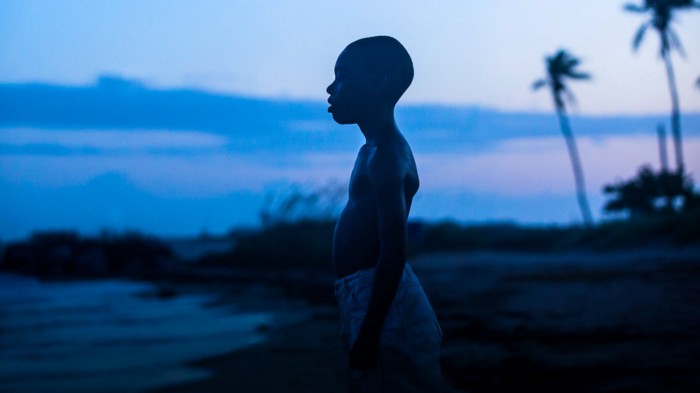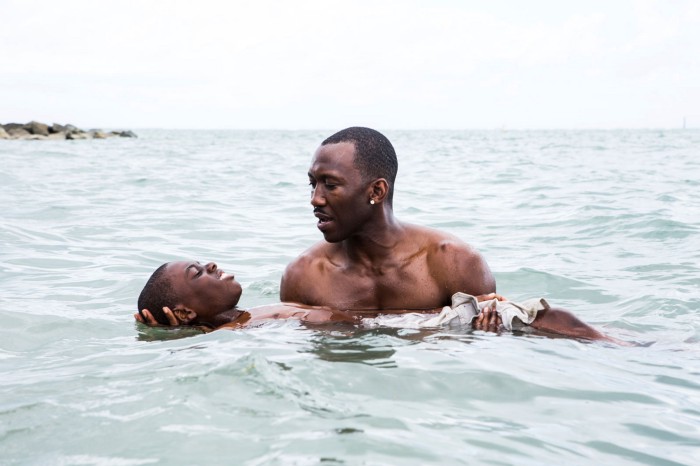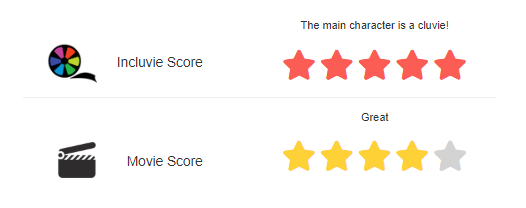“Madeline’s Madeline” and the Exploitation of Actresses
This emotional, frightening, and dreamlike story examines the ways actresses are exploited in the name of art.


Every cinephile will remember where they were when Moonlight (2016) won Best Picture. I was watching that year’s Oscars ceremony at a screening hosted by my college. Once midnight hit, with only a couple of awards left, they had to kick everyone out of the building. I raced back to my dorm and turned on the TV in the common room. “And the Academy Award for Best Picture goes to… La La Land!” Satisfied, I walked away from the TV, heading to my room.
“Wait! There’s been a mistake!” I rushed back to the TV, and watched cinema history unfold before my very eyes. Moonlight had won Best Picture; to think I would have missed this historic moment had I kept walking back to my room. Moonlight is a film that will certainly be remembered for how it won Best Picture, but the movie itself is excellent. As Pride Month closes out, I wanted to take a look at this film, celebrating LGBTQ+ and Black pride.
Written and directed by Barry Jenkins, Moonlight tells the story of Chiron at three different stages in his life: as a kid (Alex R. Hibbert), as a teenager (Ashton Sanders), and as an adult (Trevante Rhodes). The film explores his relationships, his sexuality, and the people who helped shape him into the person he ultimately becomes.

Jenkins approaches Moonlight by going for profound realism; the substantive nature of the film comes from its ability to capture the authenticity of people’s lives. In terms of a narrative, there isn’t too much that happens in the movie. Instead, its power comes from following one man throughout his life, and seeing how he changes and evolves. There is an inherent beauty in the subtle mundanity of watching someone grow up and mature. What makes Moonlight particularly special is it is showing the life of a gay Black man, which is something we don’t often see portrayed so honestly on screen.
Moonlight never feels like it is trying to fit into any kind of formula or mold. There are certain story archetypes that accompany coming-of-age films, but Moonlight ignores these as it elevates above genre labels. Cinema in its most stripped down, barest form is the story of a person’s life, and sometimes can be the most effective kind of film. The journey of watching Chiron come to understand himself is incredibly emotional and satisfying to watch.
Mahershala Ali plays Juan—a father figure for Chiron as a kid—who was instrumental in helping Chiron figure out who he is. Ali won an Oscar for his performance despite having less than twenty minutes of screen time. It was a well-deserved win, as Ali’s performance epitomizes the profound realism of the film. He doesn’t have any huge emotional moments, or a big crying scene, or anything one would typically associate with an Oscar worthy performance. Instead, the beauty of his performance comes from its subtlety.
There is one scene in particular where Chiron asks Juan and Teresa (Janelle Monáe) what a specific homophobic slur means. Ali gives a master class in how to say everything while barely speaking anything. His timing, his pitch, how he holds himself, how he shakes his head—everything about how Ali performs this scene tells you exactly what he is thinking and feeling with Ali speaking all of ten lines. It is simply a brilliant performance.

Overall, Moonlight is a wonderful film. It explores the uncertainty of life and the search everyone undergoes to figure out who they really are. As Juan says in the film…
“…you’ve gotta decide for yourself who you gonna be. Can’t let nobody make that decision for you.”
Will the people around you dictate who you are? Will you succumb to your environment, or will you choose to be the person you truly want to be? These concepts are central to the human experience. Everyone faces a crisis of identity at some point in their lives, as they try to shake off the baggage others have put on them in order to distill their true self. Moonlight takes these universal ideas and attributes them to the story of a gay Black boy—a story which is majorly underrepresented in film.
When Moonlight won Best Picture, I think it showed that the Academy wanted to honor a kind of film they had previously failed to honor. Moonlight, a Black-led LGBTQ+ film, was going up against La La Land, a musical celebrating the greatness of Hollywood. If the Academy Awards have shown us anything, it’s that Hollywood loves movies about Hollywood. For Moonlight to take that statue home, it says something about the power of this film.

Author: Nathanael Molnár, originally published [7/1/2020]
Related lists created by the same author
This emotional, frightening, and dreamlike story examines the ways actresses are exploited in the name of art.